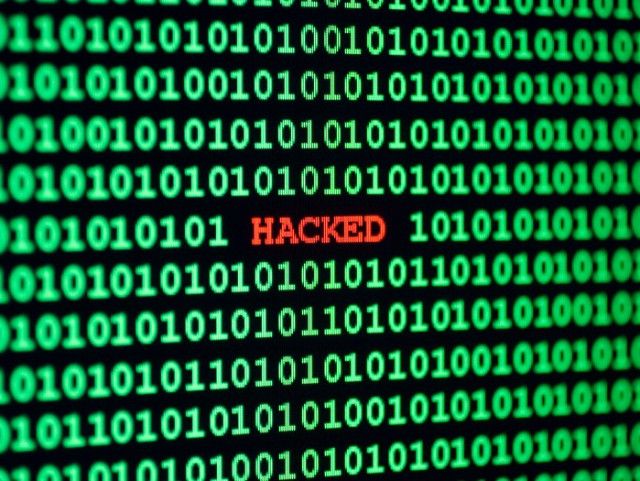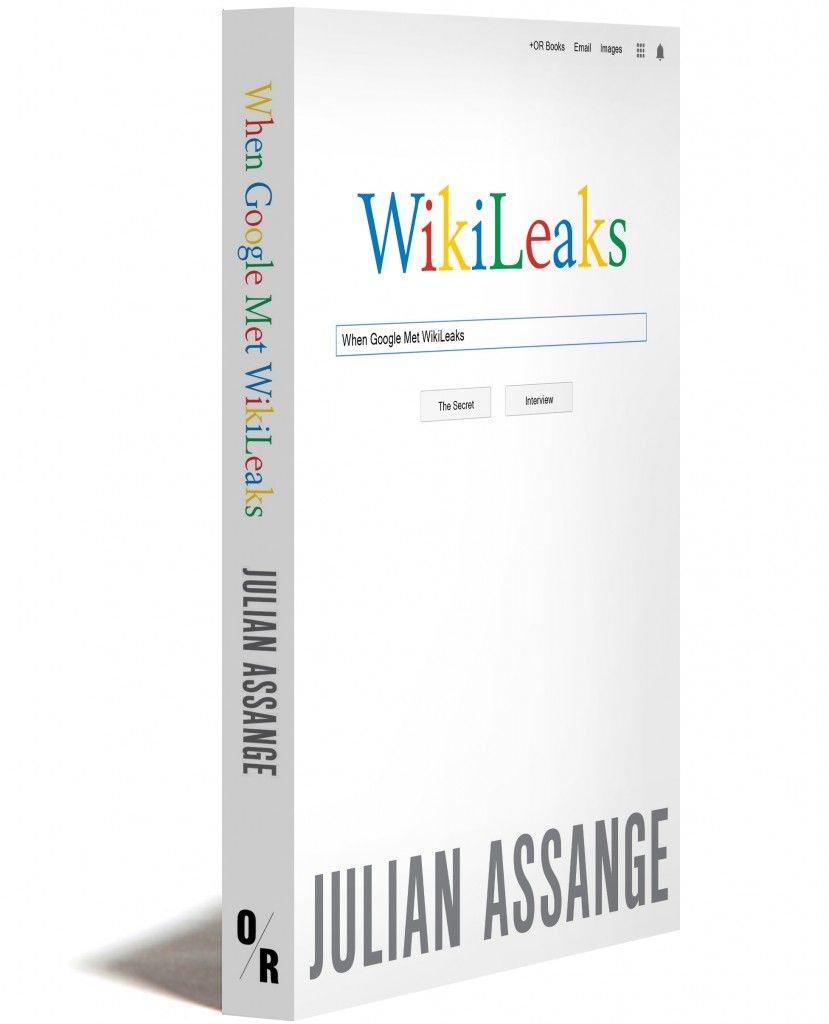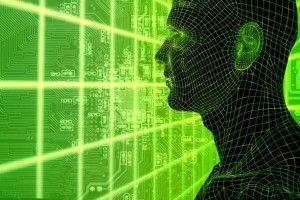Julian Assange’s 2014 book When Google Met WikiLeaks consists of essays authored by Assange and, more significantly, the transcript of a discussion between Assange and Google’s Eric Schmidt and Jared Cohen.
As should be of greatest interest to technology enthusiasts, we revisit some of the uplifting ideas from Assange’s philosophy that I picked out from among the otherwise dystopian high-tech future predicted in Cypherpunks (2012). Assange sees the Internet as “transitioning from an apathetic communications medium into a demos – a people” defined by shared culture, values and aspirations (p. 10). This idea, in particular, I can identify with.
Assange’s description of how digital communication is “non-linear” and compromises traditional power relations is excellent. He notes that relations defined by physical resources and technology (unlike information), however, continue to be static (p. 67). I highlight this as important for the following reason. It profoundly strengthens the hypothesis that state power will also eventually recede and collapse in the physical world, with the spread of personal factories and personal enhancement technologies (analogous to personal computers) like 3-d printers and synthetic life-forms, as explained in my own techno-liberation thesis and in the work of theorists like Yannick Rumpala.
When Google Met Wikileaks tells, better than any other text, the story of the clash of philosophies between Google and WikiLeaks – despite Google’s Eric Schmidt assuring Assange that he is “sympathetic to you, obviously”. Specifically, Assange draws our attention to the worryingly close relationship between Google and the militarized US police state in the post-9/11 era. Fittingly, large portions of the book (p. 10–16, 205–220) are devoted to giving Assange’s account of the now exposed world-molesting US regime’s war on WikiLeaks and its cowardly attempts to stifle transparency and accountability.
The publication of When Google Met WikiLeaks is really a reaction to Google chairman Eric Schmidt’s 2013 book The New Digital Age (2013), co-authored with Google Ideas director Jared Cohen. Unfortunately, I have not studied that book, although I intend to pen a fitting enough review for it in due course to follow on from this review. It is safe to say that Assange’s own review in the New York Times in 2013 was quite crushing enough. However, nothing could be more devastating to its pro-US thesis than the revelations of widespread illegal domestic spying exposed by Edward Snowden, which shook the US and the entire world shortly after The New Digital Age’s very release.
Assange’s review of The New Digital Age is reprinted in his book (p. 53–60). In it, he describes how Schmidt and Cohen are in fact little better than State Department cronies (p. 22–25, 32, 37–42), who first met in Iraq and were “excited that consumer technology was transforming a society flattened by United States military occupation”. In turn, Assange’s review flattens both of these apologists and their feeble pretense to be liberating the world, tearing their book apart as a “love song” to a regime, which deliberately ignores the regime’s own disgraceful record of human rights abuses and tries to conflate US aggression with free market forces (p. 201–203).
Cohen and Schmidt, Assange tells us, are hypocrites, feigning concerns about authoritarian abuses that they secretly knew to be happening in their own country with Google’s full knowledge and collaboration, yet did nothing about (p. 58, 203). Assange describes the book, authored by Google’s best, as a shoddily researched, sycophantic dance of affection for US foreign policy, mocking the parade of praise it received from some of the greatest villains and war criminals still at large today, from Madeleine Albright to Tony Blair. The authors, Assange claims, are hardly sympathetic to the democratic internet, as they “insinuate that politically motivated direct action on the internet lies on the terrorist spectrum” (p. 200).
As with Cypherpunks, most of Assange’s book consists of a transcript based on a recording that can be found at WikiLeaks, and in drafting this review I listened to the recording rather than reading the transcript in the book. The conversation moves in what I thought to be three stages, the first addressing how WikiLeaks operates and the kind of politically beneficial journalism promoted by WikiLeaks. The second stage of the conversation addresses the good that WikiLeaks believes it has achieved politically, with Assange claiming credit for a series of events that led to the Arab Spring and key government resignations.
When we get to the third stage of the conversation, something of a clash becomes evident between the Google chairman and WikiLeaks editor-in-chief, as Schmidt and Cohen begin to posit hypothetical scenarios in which WikiLeaks could potentially cause harm. The disagreement evident in this part of the discussion is apparently shown in Schmidt and Cohen’s book: they alleged that “Assange, specifically” (or any other editor) lacks sufficient moral authority to decide what to publish. Instead, we find special pleading from Schmidt and Cohen for the state: while regime control over information in other countries is bad, US regime control over information is good (p. 196).
According to the special pleading of Google’s top executives, only one regime – the US government and its secret military courts – has sufficient moral authority to make decisions about whether a disclosure is harmful or not. Assange points out that Google’s brightest seem eager to avoid explaining why this one regime should have such privilege, and others should not. He writes that Schmidt and Cohen “will tell you that open-mindedness is a virtue, but all perspectives that challenge the exceptionalist drive at the heart of American foreign policy will remain invisible to them” (p. 35).
Assange makes a compelling argument that Google is not immune to the coercive power of the state in which it operates. We need to stop mindlessly chanting “Google is different. Google is visionary. Google is the future. Google is more than just a company. Google gives back to the community. Google is a force for good” (p. 36). It’s time to tell it how it is, and Assange knows just how to say it.
Google is becoming a force for bad, and is little different from any other massive corporation led by ageing cronies of the narrow-minded state that has perpetrated the worst outrages against the open and democratic internet. Google “Ideas” are myopic, close-minded, and nationalist (p. 26), and the corporate-state cronies who think them up have no intention to reduce the number of murdered journalists, torture chambers and rape rooms in the world or criticize the regime under which they live. Google’s politics are about keeping things exactly as they are, and there is nothing progressive about that vision.
To conclude with what was perhaps the strongest point in the book, Assange quotes NYT columnist Tom Friedman. We are warned by Friedman as early as 1999 that Silicon Valley is led less now by the mercurial “hidden hand” of the market than the “hidden fist” of the US state. Assange argues, further, that the close relations between Silicon Valley and the regime in Washington indicate Silicon Valley is now like a “velvet glove” on the “hidden fist” of the regime (p. 43). Similarly, Assange warns those of us of a libertarian persuasion that the danger posed by the state has two horns – one government, the other corporate – and that limiting our attacks to one of them means getting gored on the other. Despite its positive public image, Google’s (and possibly also Facebook’s) ties with the US state for the purpose of monitoring the US pubic deserve a strong public backlash.


